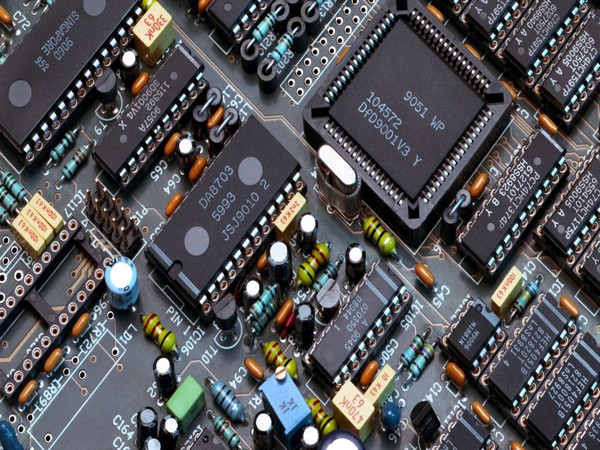US Lawmakers Push for Tighter Chip Tool Restrictions on Huawei
US lawmakers are urging President Biden's administration to further restrict American chip-making equipment sales to Huawei, aiming to curb the Chinese telecom giant's semiconductor advances. They highlighted concerns about Huawei's access to critical technology, stating current measures may benefit select US manufacturers while compromising global chipmakers.

- Country:
- China
US lawmakers are intensifying pressure on President Joe Biden's administration to impose stricter limits on the sale of American chip-making equipment to Huawei Technologies Co. This move is intended to thwart the Chinese telecom giant's progress in semiconductor manufacturing amid sanctions. Concerns were voiced in a letter to US Secretary of Commerce Gina Raimondo, as reported by the Taipei Times.
The legislators outlined several Chinese companies, such as Shenzhen Pengxinxu Technology Co, Shenzhen SwaySure Technology Co, and Qingdao Sien Technology Co, as possible affiliates within Huawei's "clandestine network." The US and its allies have imposed restrictions on advanced chip and manufacturing tool sales to China, affecting firms like Applied Materials Inc, Lam Research Corp, and KLA Corp from the US, alongside ASML Holding NV from the Netherlands and Tokyo Electron Ltd from Japan.
Further, Washington has enacted additional sanctions against several Chinese entities, including Huawei and its partner Semiconductor Manufacturing International Corp, barring them from accessing American technology without a US government license, as reported by the Taipei Times. While certain Chinese companies not on the "entity list" can obtain mature chip equipment without US approval, lawmakers insist on further restrictions. Committee Chairman John Moolenaar and ranking member Raja Krishnamoorthi emphasized the need to deny Huawei and similar firms access to US technology.
They warned that inaction could favor a small group of US chip tool manufacturers, adversely affecting global chipmakers who are unable to sell products, ultimately challenging the purpose of Huawei's listing and threatening national security. In Beijing, Chinese Ministry of Foreign Affairs spokeswoman Mao Ning declared resistance against the US's expansive interpretation of national security that impedes normal bilateral cooperation, according to the Taipei Times.
The primary goal of this US-led effort is to prevent China from developing a cutting-edge semiconductor industry, which could bolster its military strength. (ANI)
(With inputs from agencies.)
ALSO READ
Surge in South Korean Corporate Earnings: A Semiconductor Success Story
Tech Surges as Nike Stumbles on China Sales; Futures Indicate Mixed Open
China Eases Rare-Earth Export Controls Amid Global Pressure
Tech Stocks Surge as Nike Stumbles Amid China Sales Weakness
From Forest to Finance: The Digital Tokenization of China's Treasures










